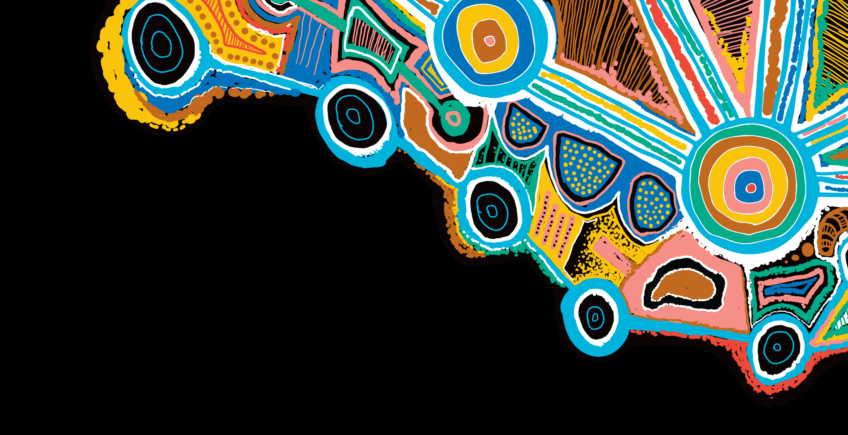National Sorry Day is observed annually in Australia on 26 May. It serves as a solemn reminder of a dark chapter in the country’s history when Aboriginal children were forcibly removed from their families. This period, spanning from 1910 to the 1970s, left deep scars on Aboriginal communities, with its lasting impact still felt today. It is not only a time to reflect on the pain caused by these actions, but National Sorry Day is also an opportunity to build understanding and healing.
The Bringing Them Home Report, released on 26 May, 1997, is at the heart of National Sorry Day.
This landmark document unveiled the scale and emotional toll of the numerous government laws, policies, and practices that saw tens of thousands of Aboriginal children forcibly taken and placed in institutions, foster homes, or with white families with the intent to ‘assimilate’ them into white Australian society. They became known as the Stolen Generations, often subjected to harsh conditions and prohibited from speaking their native languages or practising tradition. This had a devastating effect, creating a cycle of intergenerational trauma, disconnect from culture, and identity issues.
The Bringing Them Home Report was the result of a national inquiry conducted over two years by the Australian Human Rights and Equal Opportunity Commission. It outlined the psychological, emotional, and cultural harm caused by these policies and called for wide-ranging reforms. The report also made 54 recommendations to provide compensation, support, and recognition to those affected—one being that the Australian Government issue an official apology to acknowledge the pain caused and begin a healing process. As a direct response, National Sorry Day was established by a coalition of Australian community groups the following year in 1998. However, it would be 10 years and nine months after the report’s publication before the Australian Government officially apologised, with Labor’s Prime Minister Kevin Rudd offering a National Apology on 13 February 2008.
On National Sorry Day, people across Australia participate in various cultural and educational events to raise awareness and foster understanding. It is an opportunity for individuals, organisations, and government bodies to show their commitment to reconciliation and closing the gap. For many survivors, family members, and communities of the Stolen Generations, it is an emotional day; a reminder of the pain endured and the long road to justice. But it is also a symbol of hope—representing a moment where Australia acknowledged its past wrongs and listened to and respected the voices and rights of Aboriginal people.
While National Sorry Day and the Bringing Them Home Report marked a significant step in improving Australia’s treatment of Aboriginal people, the journey toward reconciliation is far from over. The report’s recommendations have not all been fully realised, with a report by the Healing Foundation finding only 6 per cent had been clearly implemented. Systemic changes, health and education discrepancies, land rights, social justice, and Aboriginal representation remain at the forefront of the reconciliation agenda.
National Sorry Day is not just about reflecting on the past—it is a celebration of resilience and strength and a call to action for a better tomorrow. A collective responsibility to ensure that Aboriginal voices are heard and respected in every corner of society.

